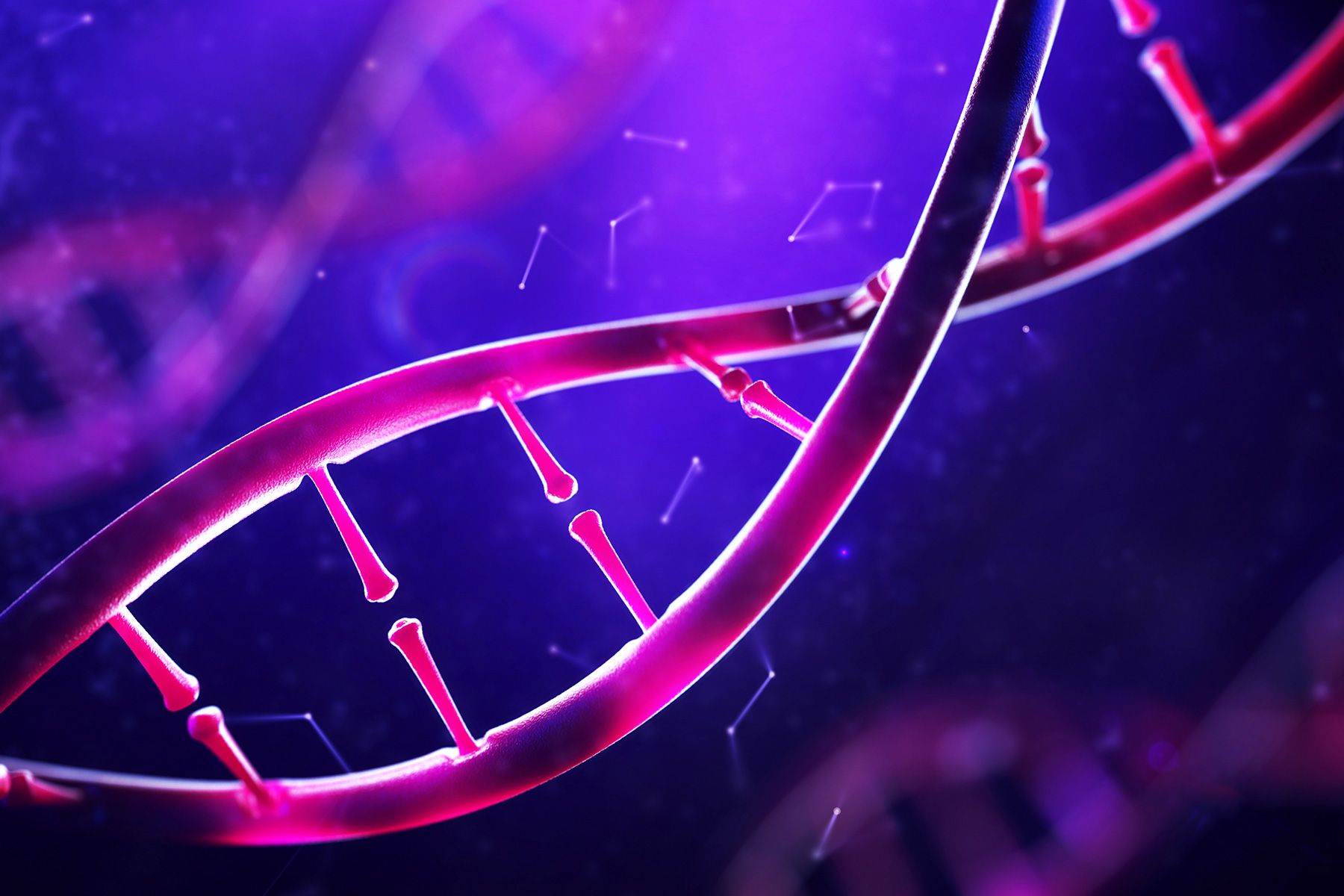April 6, 2022 – For the first time, the human genome has finally been mapped end-to-end, and the historic milestone has scientists celebrating.
“It’s genuinely a really big and exciting deal both in the genomic community as well in the broader scientific and medical community,” says Benjamin Solomon, MD, clinical director of the National Human Genome Research Institute.
More than 100 scientists have filled in the last 8% of missing human genetic information and published the findings in a series of six papers in the journal DNA. Called deoxyribonucleic acid, these genetic instructions in some cases repeated thousands of times, making it too difficult for the sequencing technology at the time to untangle it.
New Technology Led to Discovery
Navigating the repetitive genetic information “was like being on a roundabout with no exits,” says Eichler, who was also part of the original Human Genome Project. With advances in the past 2 decades, technology can now sort out the repeating genetics and present the letters in longer, readable strings.
The human genome, with 23 pairs of chromosomes, has 3 billion base pairs, and the recovered 8% add 200 million new base pairs, which is essentially like adding one very large chromosome to scientific discovery, he says.
Among the things a completed map could help explain is a person’s risk for heart disease. Eichler says the new information could help specialists understand the gene called “lipoprotein (a).” Part of that gene is highly repetitive, he says, and those trying to sequence it before simply got lost.
“We haven’t been able to sequence that gene routinely for the last 2 decades largely because the tail end of it – the business end of the molecule – is made up of these long repeats,” he says. “Now we have our first complete copy,” which means scientists can ask questions and come up with tests for the connection between the gene and heart disease risk. “That’s a clear-cut example of where this information will be very, very valuable,” Eichler says.
